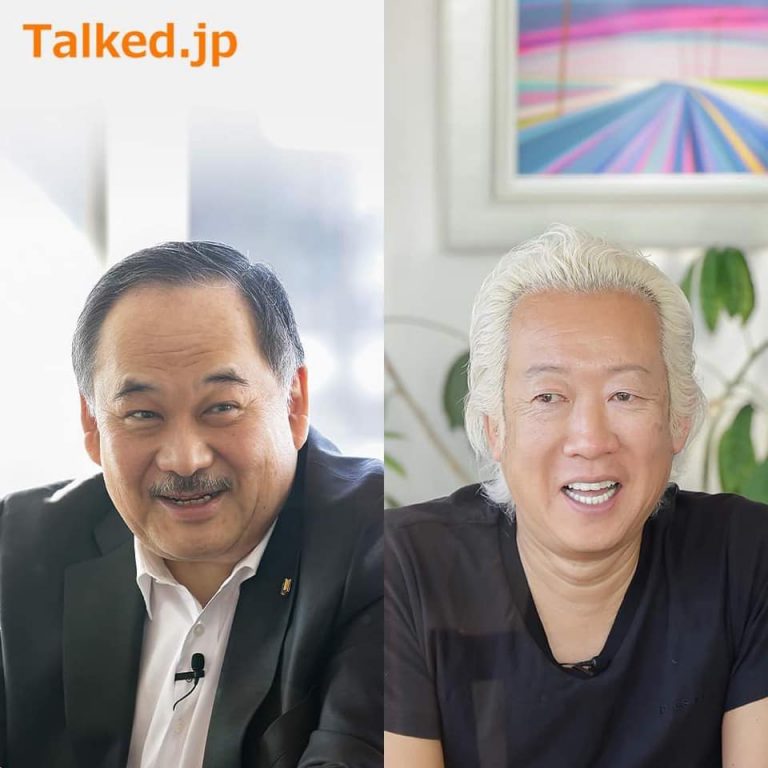Talked Dialogue 【 Legendary Promoters Decipher the Future of Entertainment 2031】 (Part 1) Kenji Kitatani, Lester Smith Distinguished Professor and Foundation Director, Washington State University; Professor, Kanazawa Institute of Technology Toranomon Graduate School; and Director, Content & Technology Integration Laboratory, Kanazawa Institute of Technology x Jun Fukuda, Brand Consultant

Dr. Kitatani has been a friend of mine since my Sony days (my senior!). When I left Sony, he immediately contacted me and invited me to be a visiting professor at Kanazawa Institute of Technology’s Toranomon Graduate School, where he himself is a professor. (He recommended me as a credit to society.)
Dr. Kitatani is a promoter who modernized the world of entertainment by inviting the Rolling Stones, David Bowie, U2, and Madonna to Japan, and his connections in the entertainment industry span the globe. We had the opportunity to talk with him on the occasion of his publication of “The Future of Entertainment 2031” (Nikkei BP), a must-read book for those in the entertainment industry.
It is a very stimulating book. Please take a look at it as well as the dialogue.
—————————-
Talked Dialogue 【 Legendary Promoter Reads “The Future of Entertainment 2031”] (Part 1)
Kenji Kitatani, Lester Smith Distinguished Professor and Foundation Director, Washington State University, U.S.A.; Professor, Kanazawa Institute of Technology Toranomon Graduate School; Director, Content & Technology Integration Laboratory x Jun Fukuda, Brand Consultant
article
clip
https://youtu.be/3E2vRXUQQqk (Part 1 of 1)
https://youtu.be/wT2_ZdpHrSU (Part 1 of 2)
Kitatani: “(Japan) has not established entertainment as a business. Until now, Japan has had plenty of money. This is because the broadcasting industry has been rich. It was a licensed business, perfectly protected, and with such a large Japanese market and population, there was plenty of money for advertising. So, everything was running within that environment. However, the population is going to decrease, and advertising expenses will shrink in proportion.
In such an environment, the broadcasting industry used to have a monopoly if it controlled the airwaves, but now that broadband is spreading rapidly, viewers will watch Netflix, amazon prime, and U-NEXT. In this way, the value of broadcasters is reduced. Eventually, the capital that has been relied on by broadcasters will also shrink, leading to a reduction and decrease in production costs. I feel that the Japanese entertainment industry is no longer in this negative spiral. (omitted).
Ultimately, we still need to make the Japanese shooting (filming) and editing style more global. This is because it is very difficult at this stage for Japanese content to grow worldwide over the long term using new broadband platforms, except for animation.
What lies behind this current situation is that, as mentioned earlier, Japan’s TV industry has become too rich. It was all completed simply by producing works in Japan and distributing them domestically. Therefore, there was not much need to work hard to sell productions overseas, nor was there a need to do so to make the industry viable. The Japanese entertainment industry, especially the video business, has been allowed to remain Galapagos.
Editing and composition: Junko Io
Photo: Yukiko Koshima
Date: January 20, 2022





